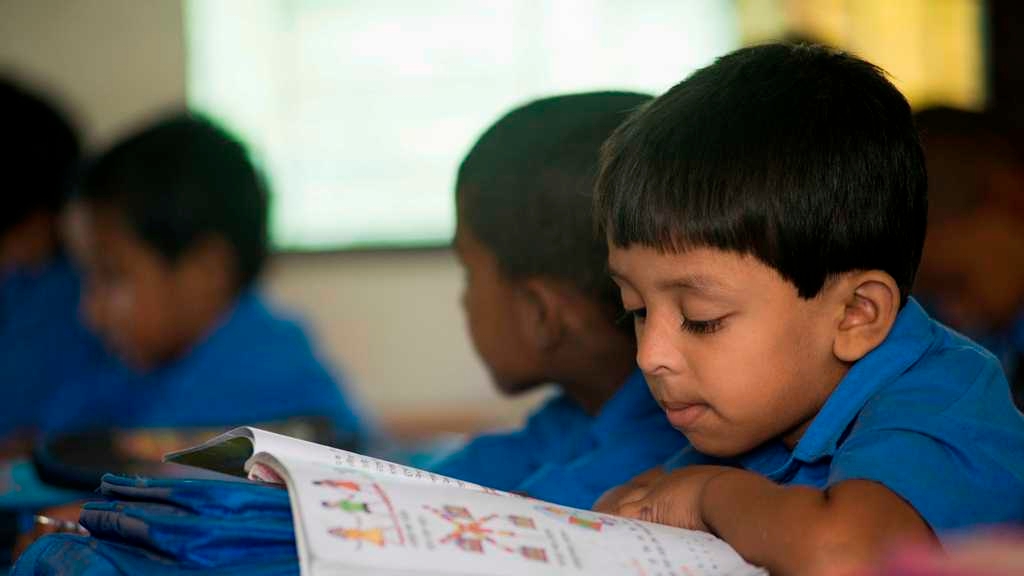Ahead of the consultations, the World Bank Group sends all participants a presentation. The presentation outlines the World Bank Group’s initial thoughts on its strategy for FY 2016-2020, based on internal and external deliberations.
Read the presentation and the concept note.
Since independence, Bangladesh has made commendable progress in human development, poverty reduction and economic growth. In every decade since the 80s, Bangladesh increased GDP growth by 1 percent.
Bangladesh could accelerate growth and reduce poverty in parallel. In the last decade, Bangladesh has lifted 16 million people out of poverty. Rapid growth enabled Bangladesh to cross the threshold to lower middle income country (LMIC) status of per capita GNI of $1,046 in FY14. But, Bangladesh will need to accelerate growth to comfortably move up within the middle-income bracket. The World Bank is supporting the government of Bangladesh to achieve its vision of middle-income status.
Despite remarkable development achievements, Bangladesh faces daunting development challenges. Bangladesh continues to be one of the poorest countries in the region, with constrained public services and comparatively weak institutions. Even though it has done fairly well in recent years, many others, e.g. China, Sri Lanka, and Vietnam, have done much better. Low level of investment in infrastructure continues to be a major hindrance to higher growth and job creation. Further, lack of ease of doing business, low quality of public services delivery, vulnerability to climate change and natural disasters, and the population density, add up to the country’s development challenges.
The World Bank’s Systematic Country Diagnostic (SCD) identifies job as the top development agenda for Bangladesh. The country needs to create more and better jobs for the 2.1 million youths entering the labor force every year. This contribute significantly to growth and poverty reduction. But, to do so, Bangladesh will have to remove the binding constraints to growth posed by low access to reliable and affordable power, poor transportation infrastructure, limited availability of serviced land, rapid urbanization and vulnerability to climate change and natural disasters, among others.
The SCD identifies five transformational priorities for Bangladesh, which are energy, inland connectivity, regional & global integration, urbanization and adaptive delta management. SCD also recognizes three foundational areas where the country is doing reasonably well and needs to continue the focus. These are: Macroeconomic Stability, Human Development, and Institutional and Business Environment.
In this context, the World Bank proposes support in the following areas:
The proposed CPF‘s overarching goal is to create more and better jobs.
Accelerate Growth: The World Bank will seek to remove barriers to growth such as increasing electricity supply, improving transport connectivity, expanding financial intermediation and creating an environment conducive to doing business, among others.
Foster Social Inclusion: The World Bank will aim to consolidate the equity and access gains in health and education, and address challenges related to quality, higher education and skills development, with continued attention to gender. In addition, WBG will seek to expand coverage of social protection, access to clean water and sanitation, and bring the rural poor into the folds of the country’s progress with support to their livelihoods.
Strengthen Climate and Environment Management: The World Bank support will be aligned with the Adaptive Delta Management principle, with the aim to enhance Bangladesh’s resilience to natural disasters, improving the management of water and natural resources and modernizing agriculture.
The World Bank’s support to Governance agenda will act as a foundation to all support in the country. The World Bank will embed institutional capacity-building in all its projects and programs and at the national level will continue efforts to improve public financial management, public procurement, civil service reform, service delivery access to information, and transparency in state-owned enterprises.
Please email your response to the following questions and additional comments to bangladeshinfo@worldbank.org
